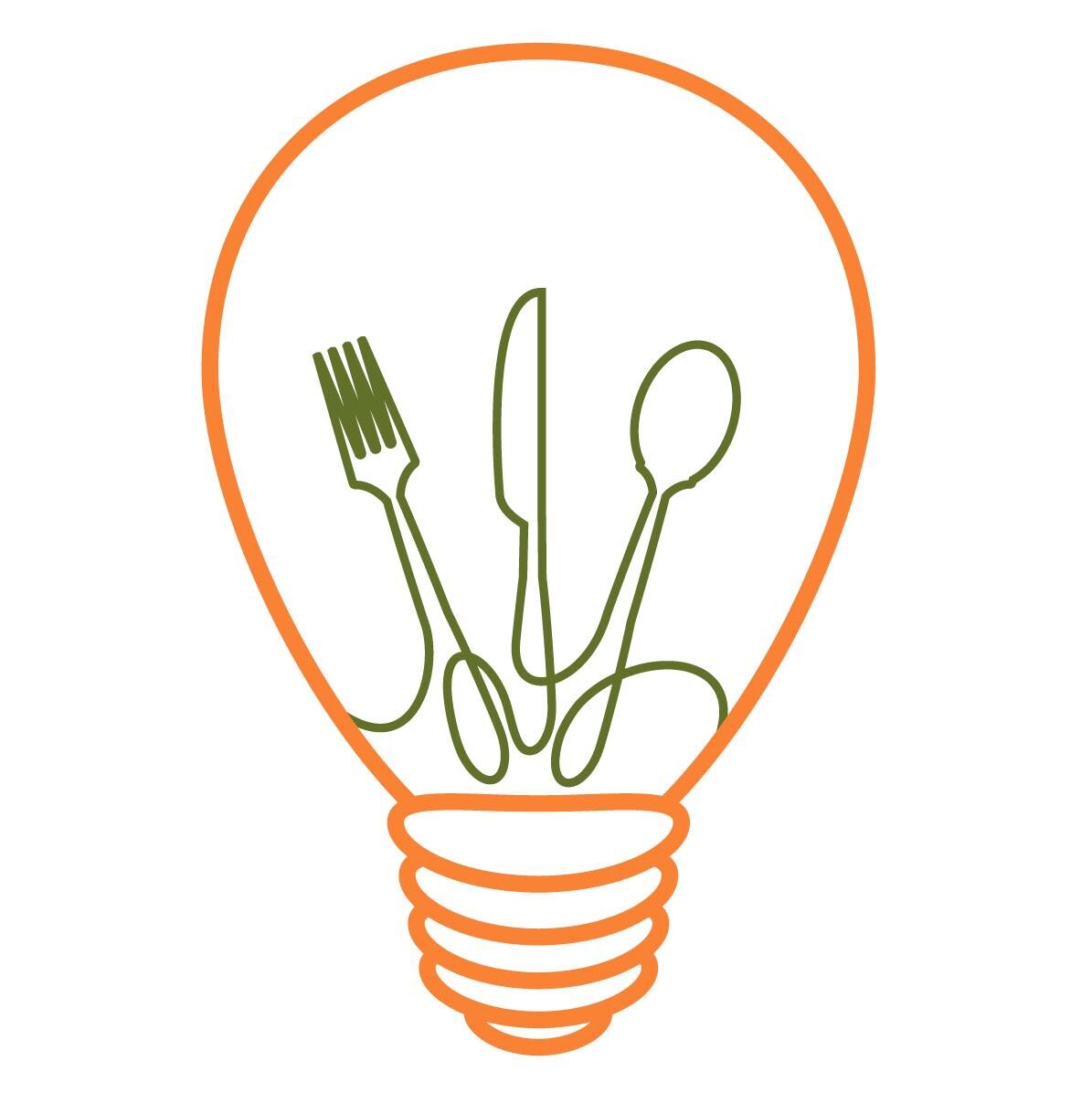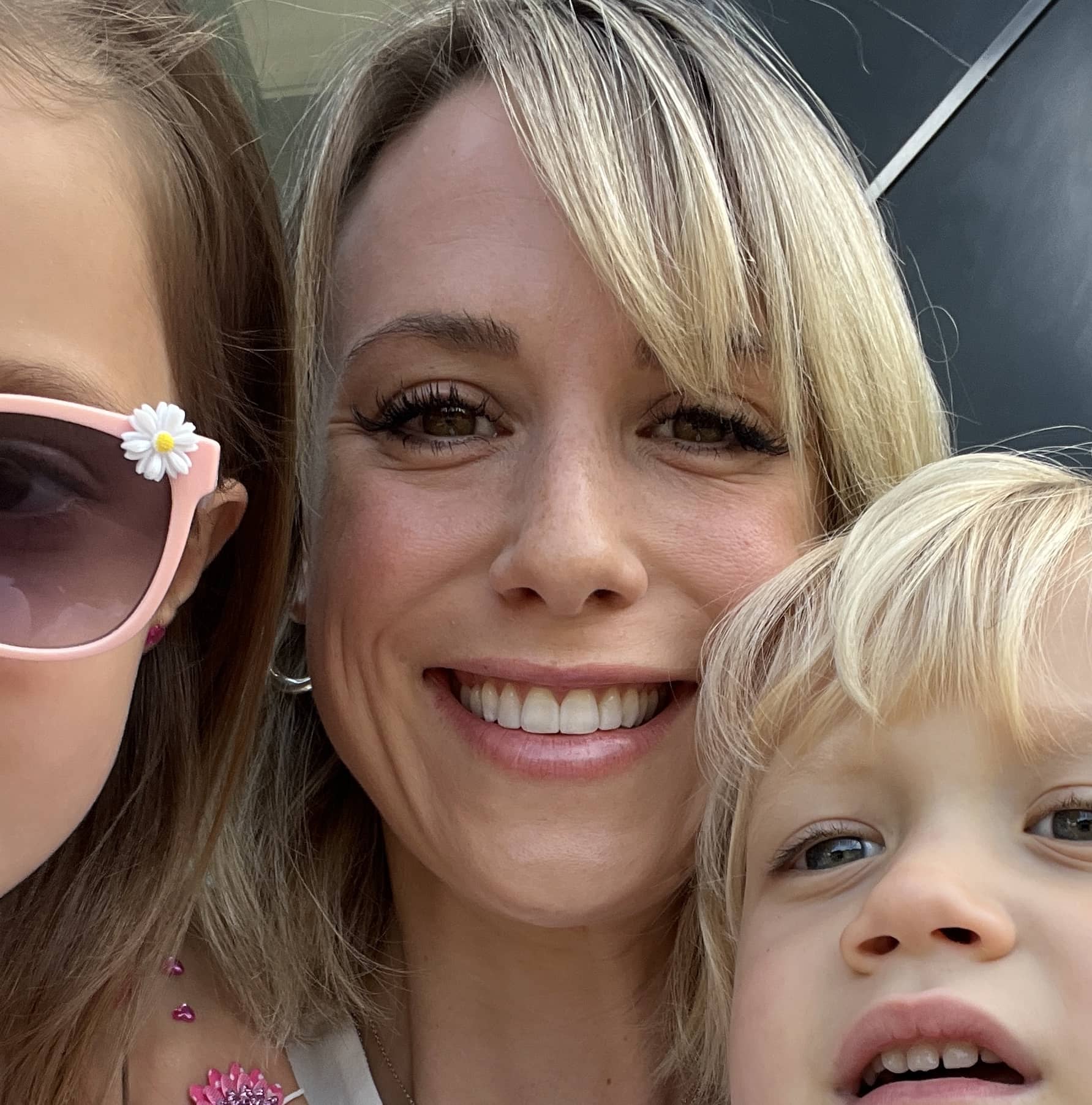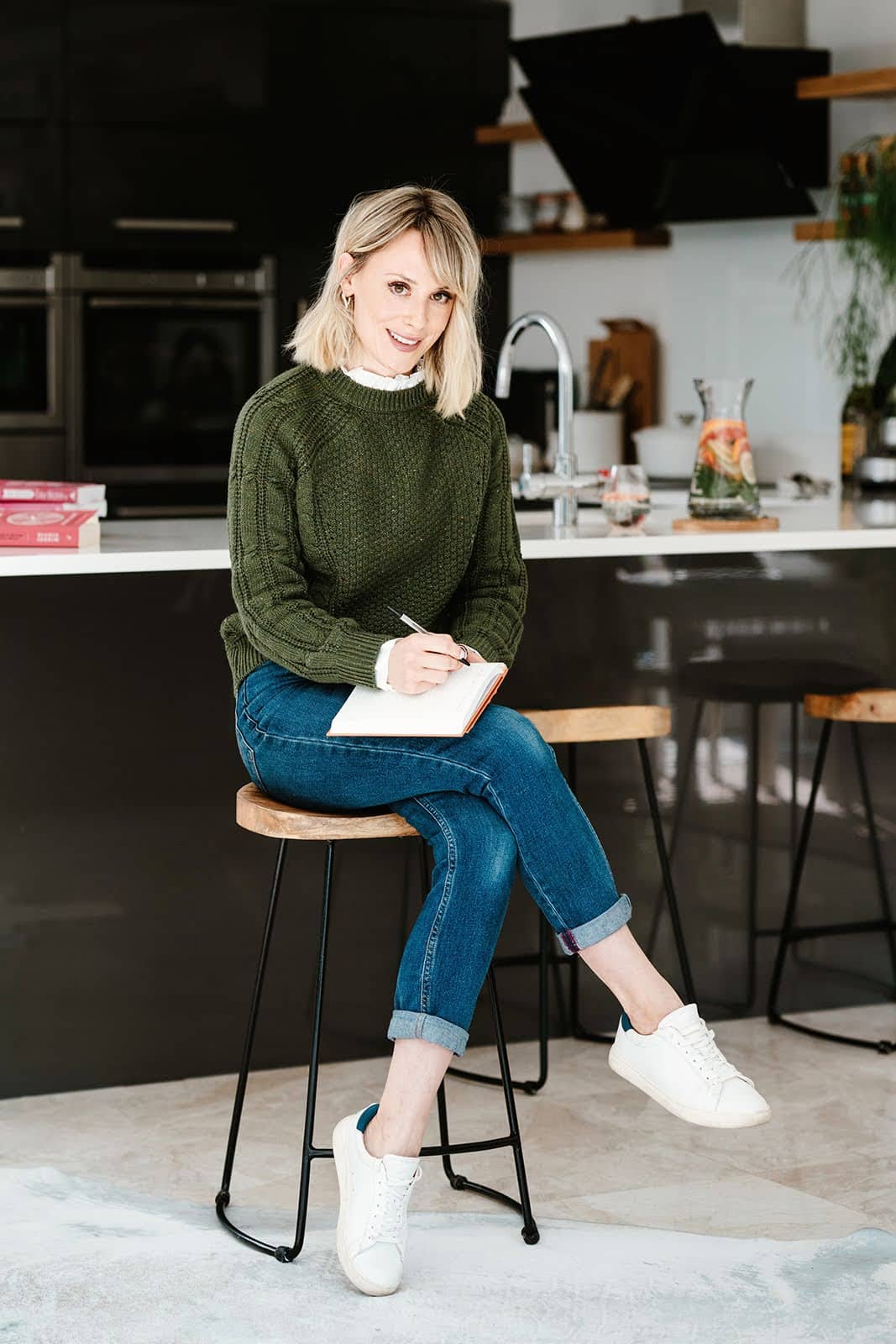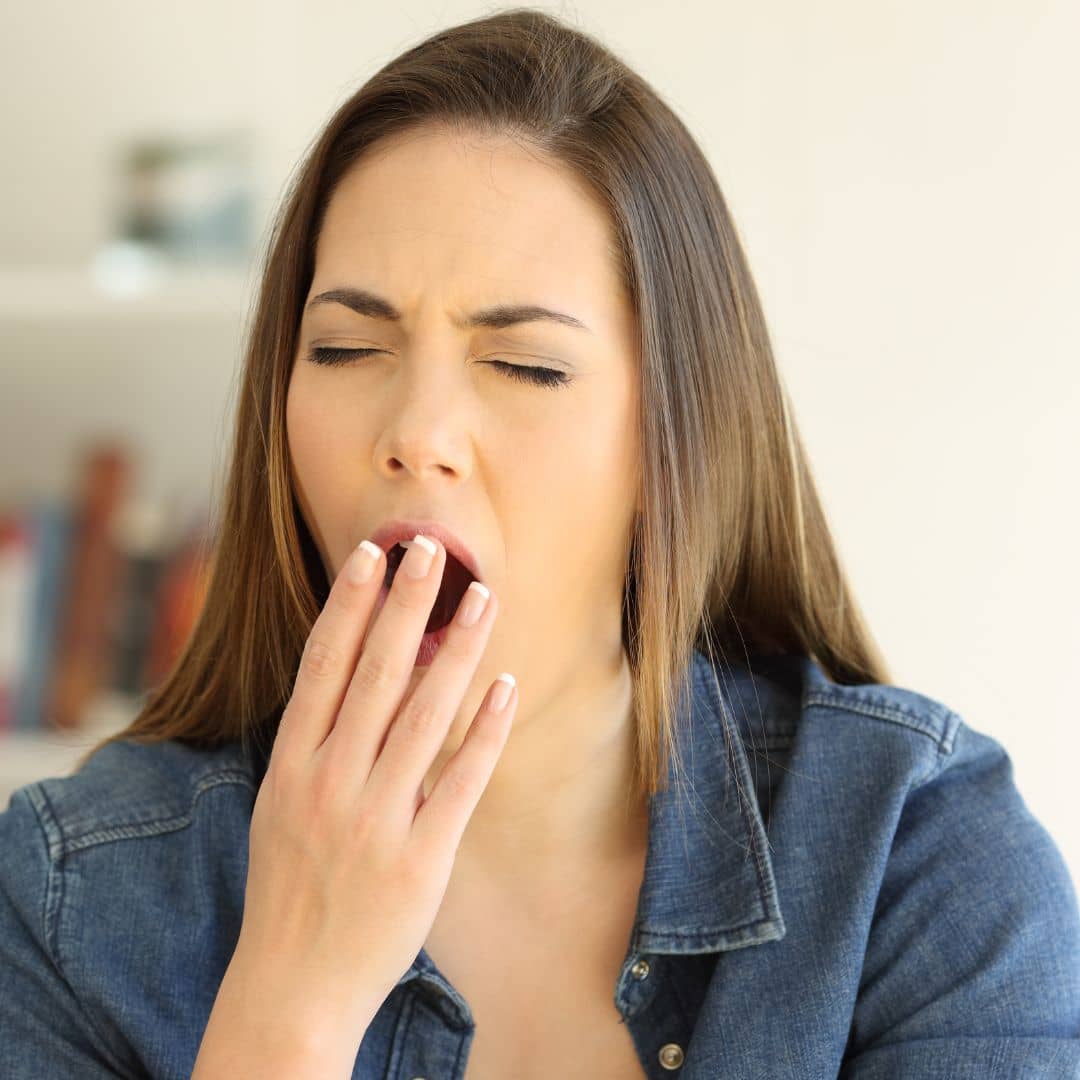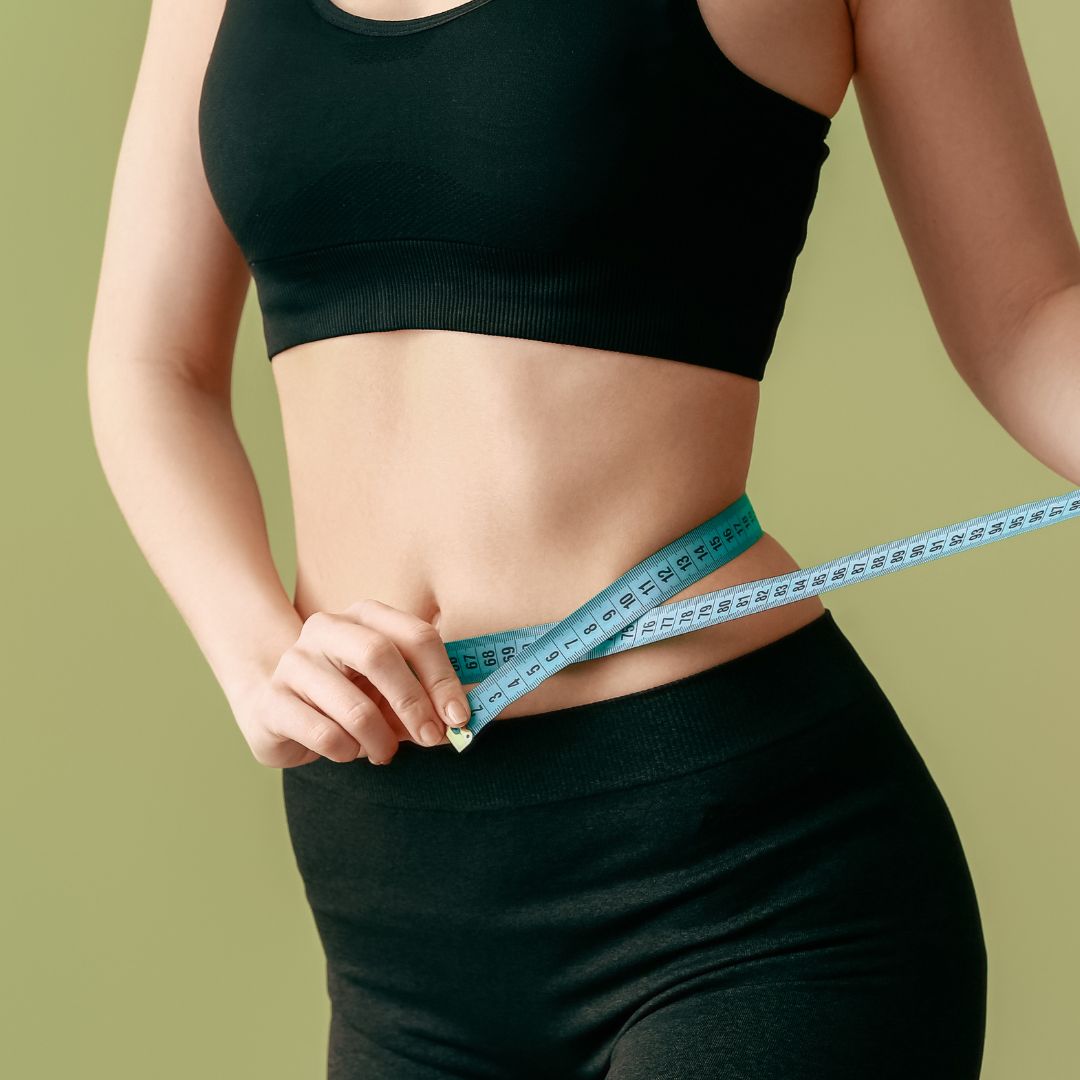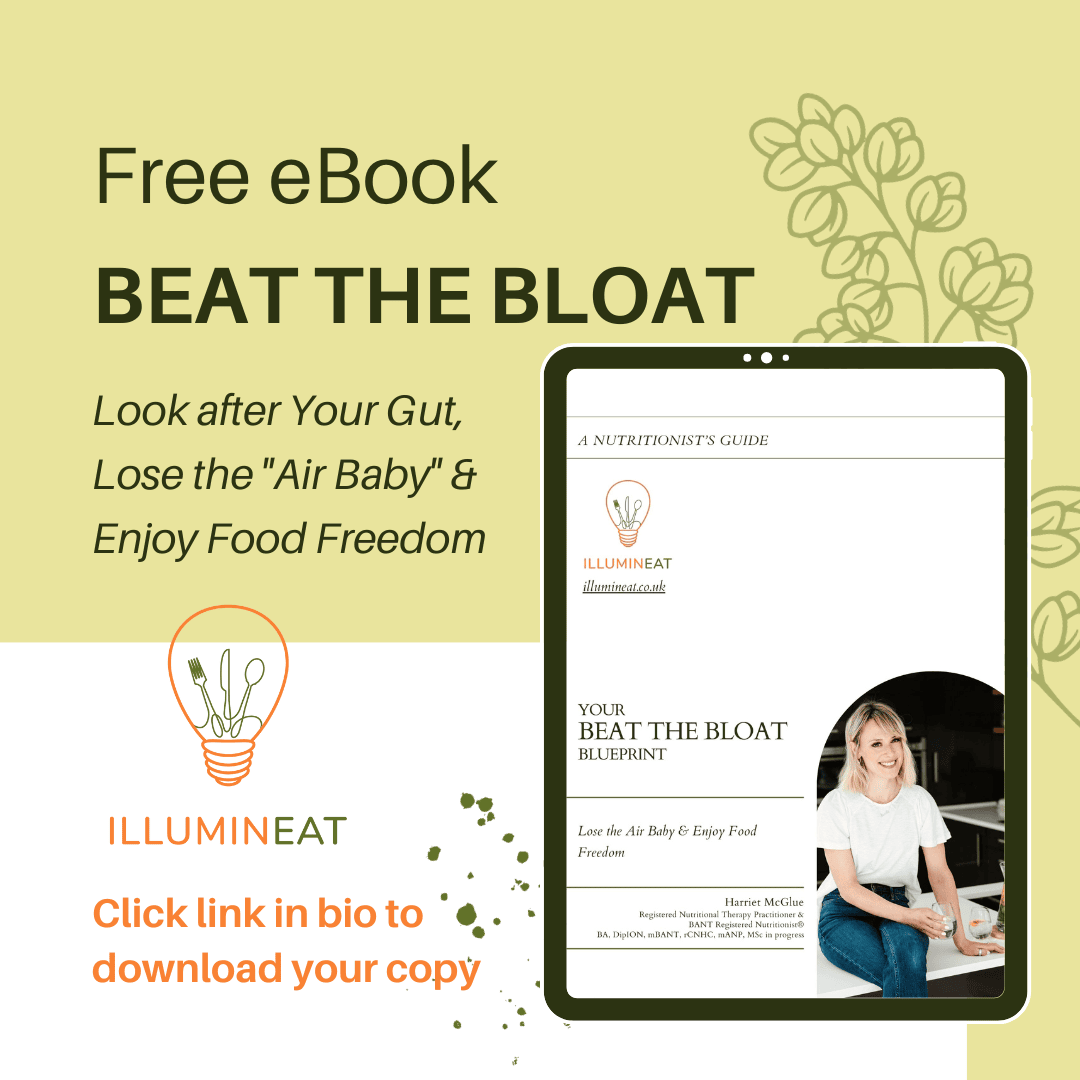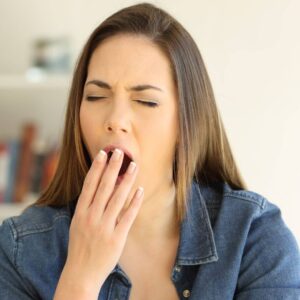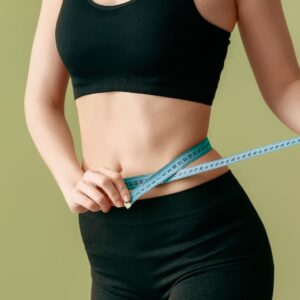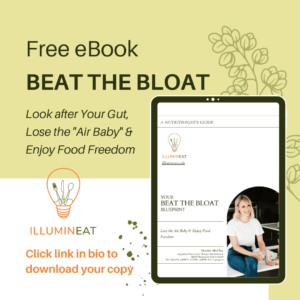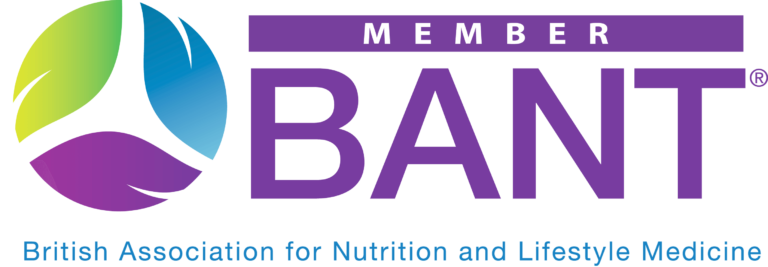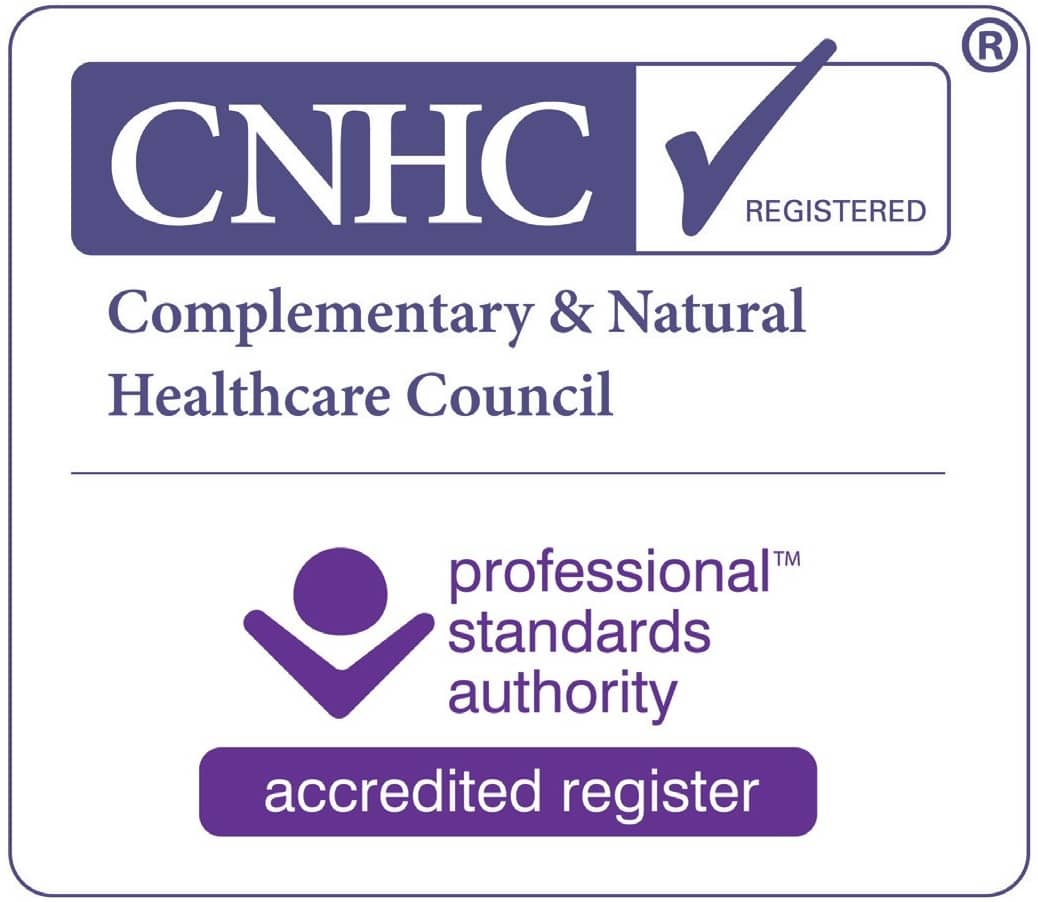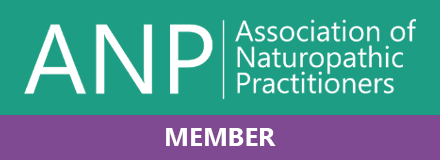Do you know how to eat on your period? The chances are you don’t, which isn’t remotely your fault as society – or the medical profession – don’t teach (or even acknowledge) this stuff. Fortunately, times are changing for women’s health… and it is my hope that our daughters will all know how to work with, and optimise, their cycles. Every woman deserves to understand her menstrual cycle and what her body needs during each phase. Our menstrual cycle is such a barometer of our overall health that The American College of Obstetricians and Gynaecologists have recommended it be considered our 5th “vital sign”. Yep, they put it in the same category as temperature, heart rate and blood pressure…. so pretty significant.
Whereas men operate on a 24 hour hormone cycle, us women operate on a full 28 day cycle (or thereabouts – it’s actually quite unlikely to be exactly 28 days). Because our hormones rise and fall throughout the month, nothing in our bodies is the same from day to day, or week to week. Everything from sleep, to mood, to exercise capacity, to appetite, to libido, fluctuates. This stuff matters, because – as I always tell my clients – once we understand what’s going on hormonally, this shifts our expectations around our health and energy levels at different times of the month. My aim with this series of blog posts is to show you how to hack your cycle and feel better all month long, starting with how to eat on your period.
What’s Happening in the Menstrual Phase (aka your period)
Our 2 main sex hormones – oestrogen and progesterone – are at their lowest in this phase. Because oestradiol (our primary form of oestrogen during our reproductive years) is intimately tied to energy, physical energy is generally at its lowest in this phase. Our period tends to be a time for reflection and introspection; a good time to pursue solo projects and focus on self care. While feeling more tired is common, we should not be on the floor! Excessive tiredness or fatigue is a big red flag to go get your ferritin (iron stores) checked right now with your doctor.
How to Eat on Your Period
Balanced Meals
We want to be focussing on plenty of healthy fats, fibre and protein at every meal and snack. This will help keep blood sugar nice and steady, avoid cortisol (stress hormone) spikes, and stabilise mood and energy. Although this is typically a time cravings hit, bingeing on sugary treats and white carbs makes everything much worse! Have a bit of chocolate – but have a meal hitting all the food groups first!
Phytoestrogens
For some women, oestradiol is too low at this time. Clues can include very light/short periods and thyroid issues. In this case, oestrogen-like compounds in certain plants can help compensate by docking onto oestrogen receptors in the body. Whole flaxseeds (aka linseeds) are particularly effective in some women, and easy to sprinkle onto soups, yoghurt or incorporate in porridge, smoothies and baking. Chickpeas and fermented soy like tempeh and miso are other options.
Iron
When we bleed we lose iron – anything from 1-6mg. Re-building blood and topping up iron stores is necessary, and especially crucial if you have heavy periods. Heme iron is the easiest type to absorb (around 40% absorbed). This type of iron is found exclusively in animal products: Think red meat (preferably grass-fed or organic), dark poultry meat (preferably free-range or organic) and eggs. Vegetarians and vegans need to be taking in a lot more non-heme iron as this is nowhere near as well absorbed. Beans, pulses, beetroot, kale etc are reasonable sources but not spinach, contrary to popular belief! This is because the high oxalates blocks absorption of iron in the gut.
Vitamin C
Vitamin C dramatically increases the amount of iron we can absorb from plants – and stimulates ferritin synthesis to boot. Always pair your veggie iron sources with a source of vitamin C (some OJ, fresh berries, bell peppers, kiwis etc) for this reason!
Copper
We can be taking in enough iron, but having adequate copper is critical for making sure our bodies can effectively absorb and use that iron. Seafood, liver, mushrooms, oats, sesame and sunflower seeds, cashews and almonds are good sources
Vitamin K
Not a vitamin that gets much air-time, but vitamin K is needed to make clotting proteins so a deficiency can cause heavy periods. It is also supportive of oestrogen metabolism, which avoids excess oestrogen accumulating (relative to progesterone) and heavy periods associated with this. Dark leafy greens are the best source of K1, while eggs, ferments (kimchi, sauerkraut etc) and liver provide K2 (we need both types for healthy blood flow).
Rest and nurture
It’s not all about how to eat on your period, though. We can certainly support energy with the right food choices, but most women will feel tired-er than usual in this phase. The worst thing you can do is ignore your body’s signal to slow down. Now isn’t the time for HIIT or marathon training. A walk in nature or a gentle yoga flow is the way to go. Your body will thank you!
